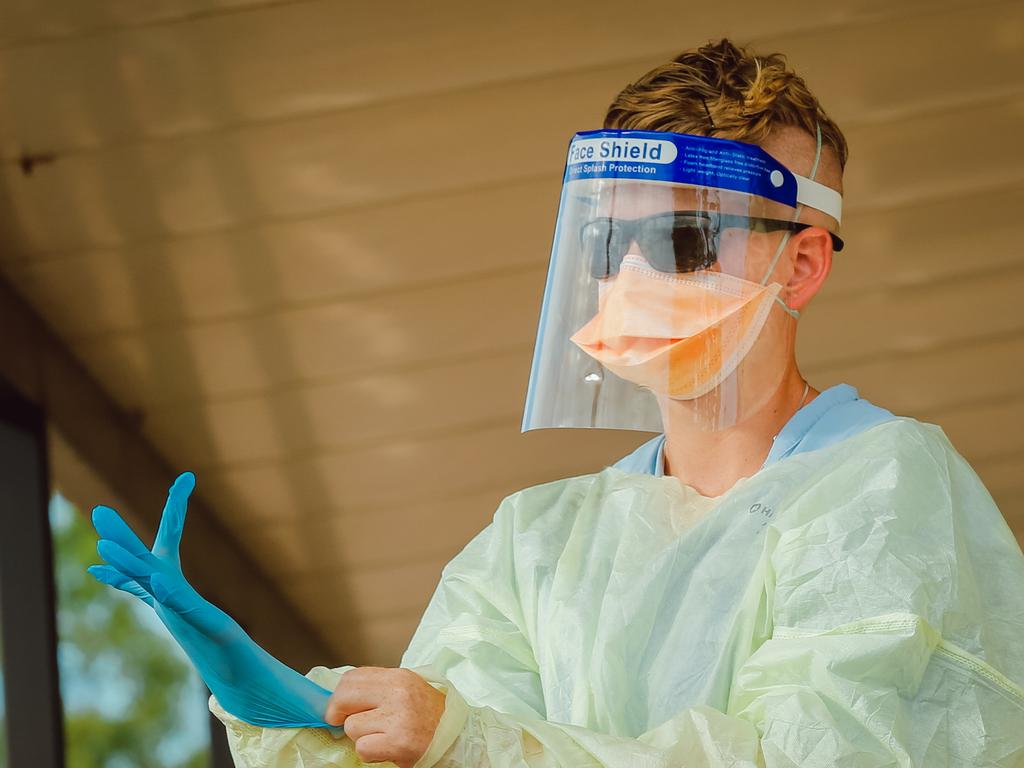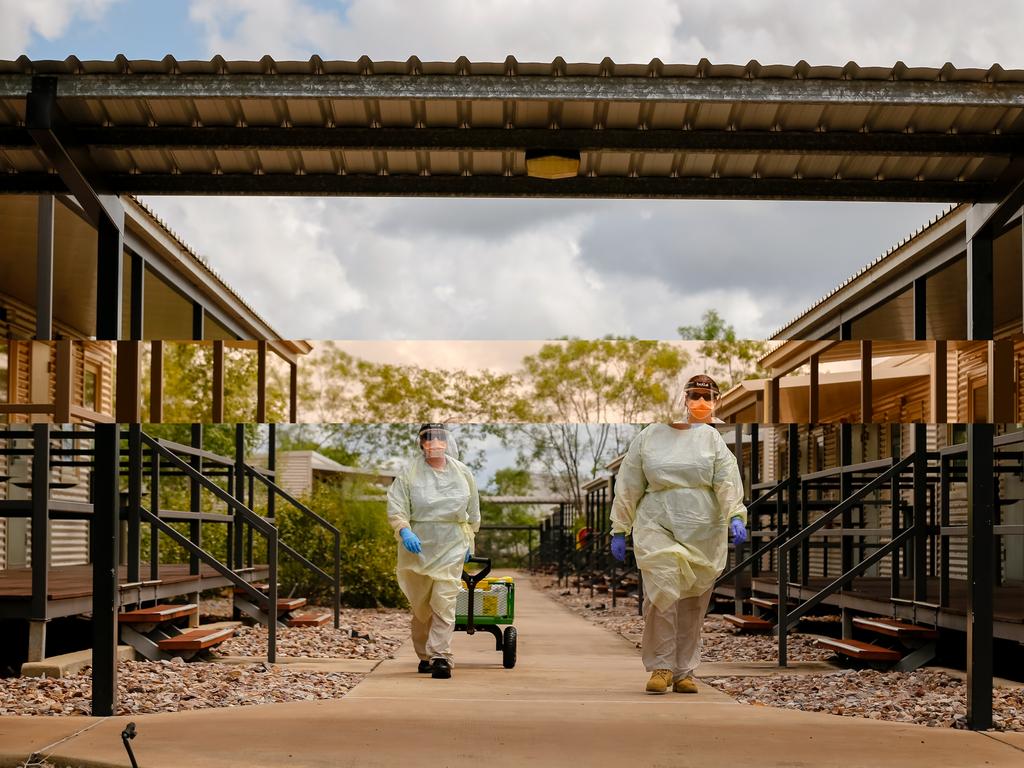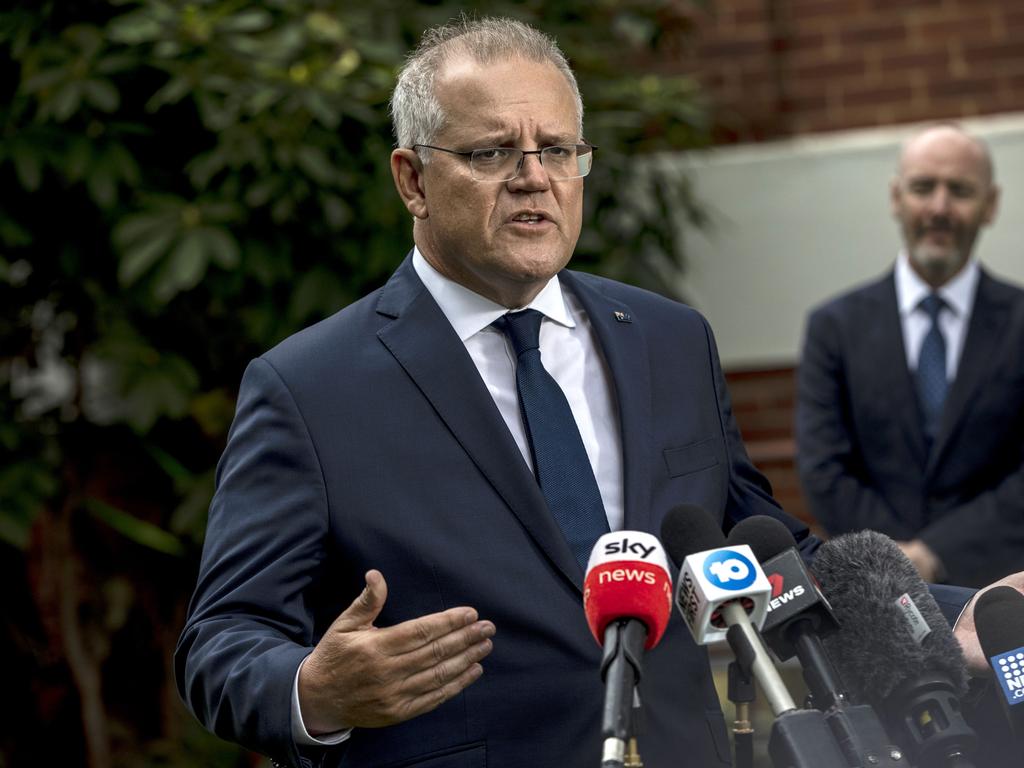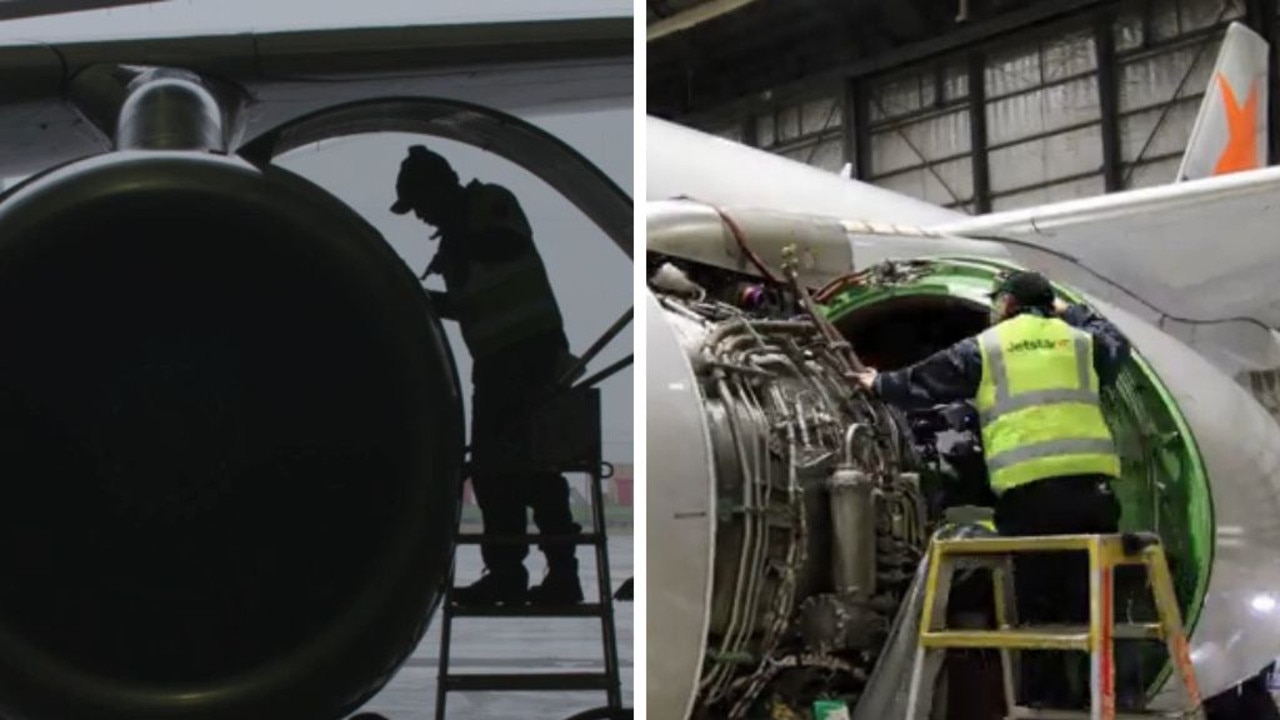Push to move coronavirus quarantine out of Australia’s cities
A year ago, permanent regional quarantine stations would have never hit the Government’s radar – but the case for them is growing.
Australia should consider building regional quarantine stations around the nation as a way of dealing with the coronavirus pandemic in a safer way, experts have said.
Melbourne’s Holiday Inn cluster, that began last week after a returned traveller used a nebuliser in his hotel room, now has 16 cases linked to it and has plunged Victoria into a five-day lockdown.
The latest outbreak has led to experts again calling on the Government to adopt a better system to deal with returning travellers, who are much more likely to bring coronavirus home with them.
NSW and Queensland will double their international arrival intake from today, with NSW taking more than 3000 Australians a week.
Victoria, which stopped taking international arrivals for months last year after a hotel quarantine outbreak led to a devastating second wave and a months-long lockdown, has paused taking returned travellers again.
RELATED: Australia changes rules for New Zealand travellers

Experts say the numerous leaks out of hotel quarantine proves the program should be moved out of the cities.
Adrian Esterman, chair of biostatistics and epidemiology at the University of South Australia, told The Ageit was a “no-brainer” that quarantine should move to remote areas.
“Typically, the people working in city quarantine hotels are poorly paid, travel home on public transport, and spread it to their families,” he said.
“That’s what happened in Melbourne.”
The Northern Territory has embraced regional quarantine, repurposing Howard Springs, a former workers camp 29km out of Darwin, to take returned travellers.
The site has quarantine more than 3700 Australians, without a leak, and each returned traveller has their own cabin and balcony to get fresh air.
And while the site is technically regional, it’s around a 30-minute drive to Royal Darwin Hospital, meaning anyone diagnosed with coronavirus at the facility is never too far from medical help.
RELATED: Race to find all those exposed in Melbourne

RELATED: Full list of exposure sites in Victoria
Queensland also recently floated the idea of taking international arrivals to former mining camps and away from its cities after a hotel quarantine worker triggered a week-long lockdown in Brisbane.
Dr Benjamin Veness, the co-founder of Health Care Workers Australia, said those that needed extra support could still be kept in the cities.
The facilities could be “newer ones, ones with balconies, ones with windows that open, ones with airconditioning systems you can upgrade so they’re providing appropriate ventilation and not spreading COVID-19 potentially between rooms or into hallways”.
The uptake of coronavirus vaccines around the world also meant returned travellers would be coming home with little risk of a severe coronavirus illness.
“That would cut the chance of them bringing COVID-19 into Australia in the first place, and the reduced risk of severe illness would make regional quarantine safe for the vast majority of people,” Dr Veness told The Age.
Dr Veness said the Government was hesitant to take hotel quarantine because they knew how high-risk it was.
“The Federal Government should be taking responsibility for quarantine, but it has turned out that the states have taken on that responsibility, and so you’ve got this argy-bargy playing out,” he said.
“The feds particularly don’t want to commit, because they know getting hotel quarantine perfect is a tricky exercise and I think Scott Morrison doesn’t want to risk having outbreaks at a federally run facility that then impacts on his election chances later in the year.”

Prof Esterman said the Federal Government needed to stop putting responsibility onto the state and territory governments and instead build the infrastructure needed to take the program to the regions.
While each state and territory advocates claims their hotel quarantine system is the best, leaks out of the high-risk program have been inevitable throughout the pandemic.
Prof Esterman praised Victoria’s revamped system, which bans workers from having second jobs and uses police rather than contracted security, however said there were still changes that needed to be made.
The leak from the man’s nebuliser proves airflow throughout the hotels needs to be better.
Prof Esterman suggested air purifiers in each room.
“They would get rid of a huge amount of virus in the air,” he said.
Despite the regional push, Prime Minister Scott Morrison said there are no plans to overhaul Australia’s quarantine system.
The Federal Government is working with the Northern Territory to increase the capacity of Howard Springs but Mr Morrison said the system in the Top End wasn’t a reality for other states.
“You’ve got transfer risks. You’ve got a workforce that you have to have in place in those situations. You’re further away from major, big hospitals,” he said.
In light of how long the pandemic has lasted, experts are suggesting permanent quarantine facilities, built in regional areas, could be a good future investment.
Professor Mike Toole, an epidemiologist at the Burnet Institute, said places like Ballarat, Bendigo and Avalon Airport in Victoria could be a good start.
“We’re not China, we can’t build these things in three days, it takes months,” he told The Age.



